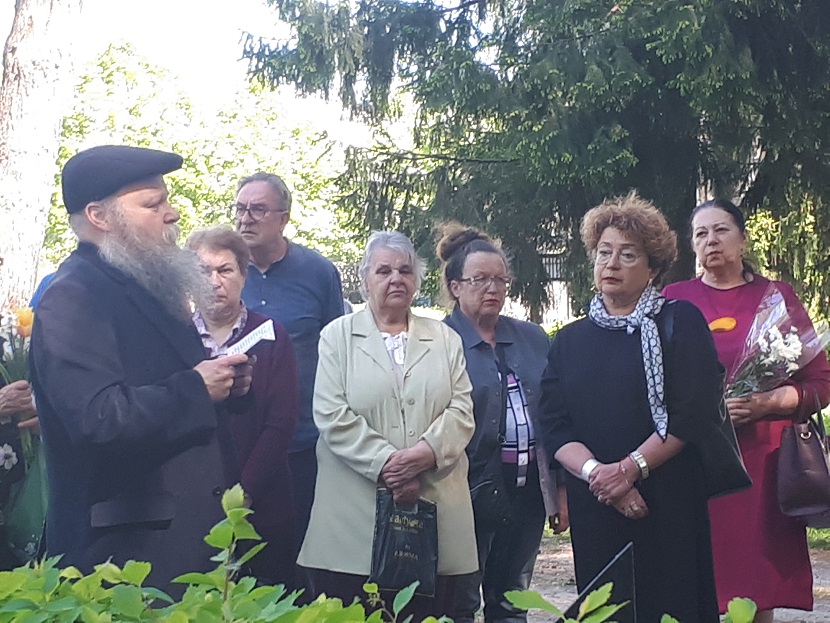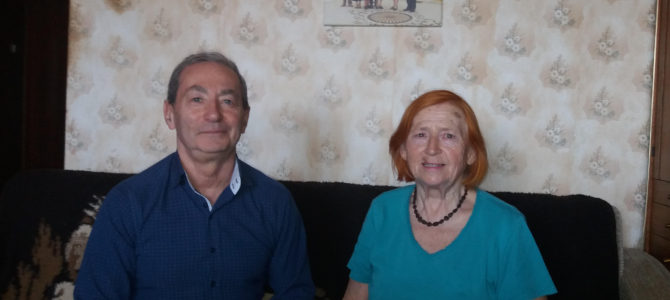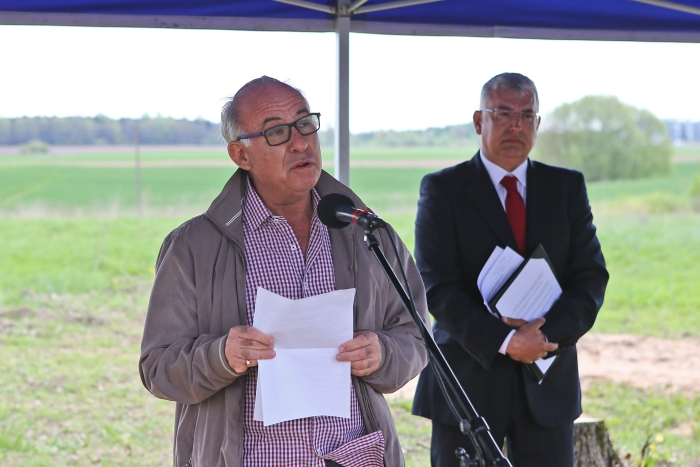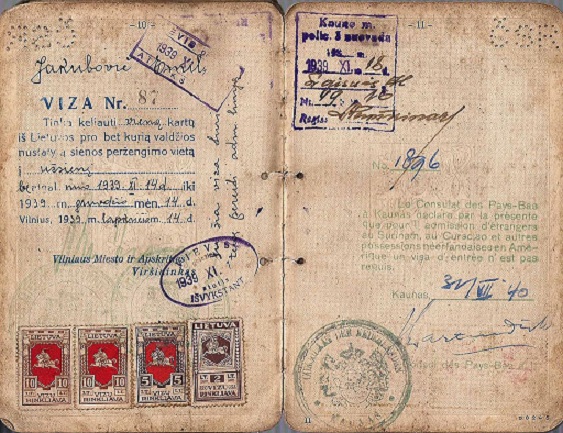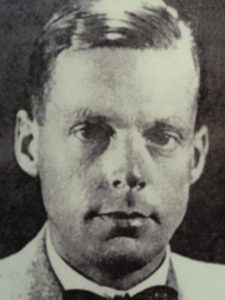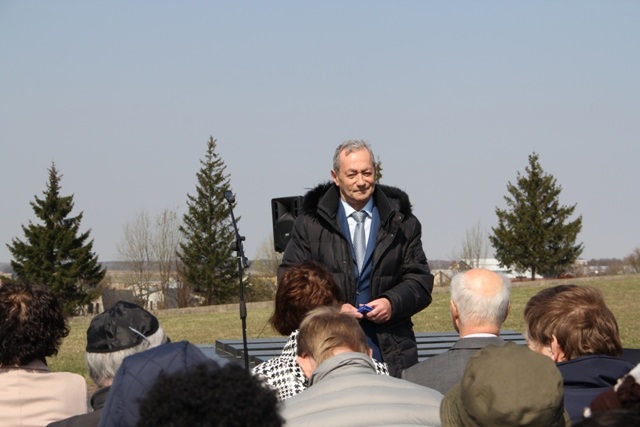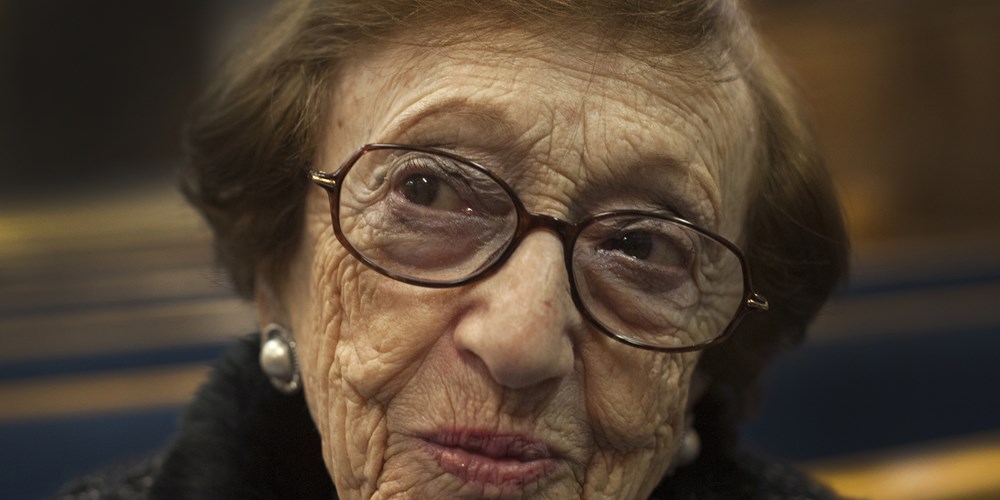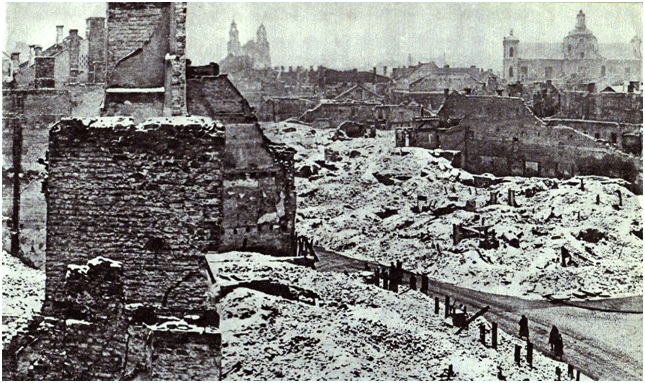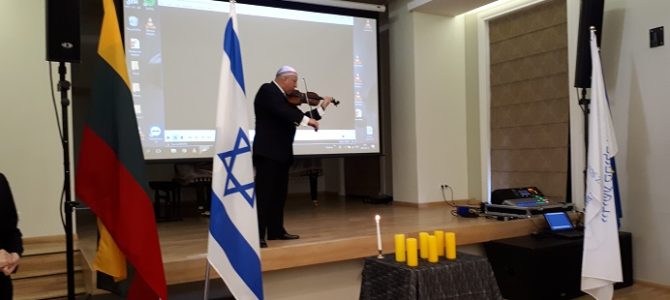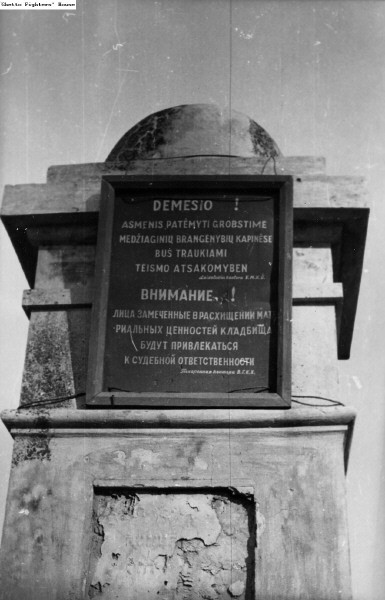
The heritage issues advisory group of the Lithuanian Jewish Community has learned of plans for renovating the Užupis Jewish cemetery tendered by the Vilnius municipality and a composition called Arch made of desecrated headstone fragments used as stairs during the Soviet era.
The international creative team behind the Arch are architect Viktorija Sideraitė Alon, creator/designer Albinas Šimanauskas and Israeli architect consultant Anna Perelmuter. The composition uses a symbol created by the Litvak American painter Samuel Bak.
The heritage issues advisory group of the Lithuanian Jewish Community helps solve outstanding Lithuanian Jewish heritage issues professionally and effectively. The group includes Barbara Kirshenblatt-Gimblett, POLIN Polish Jewish museum advisor to the director and senior curator of exhibits; Assumpció Hosta, general secretary of the AEPJ; writer Sergejus Kanovičius, founder of Maceva and the Šeduva Jewish Memorial Fund; professor James E. Young of University of Massachusetts, Near Eastern Studies, English, Judaism; Samuel Kassow, doctor of philosophy, POLIN senior researcher specializing in 19th century history and the history between the world wars; Lyudmila Sholokhova, PhD, YIVO director of archives and library; and Sergey Kravtsov, senior researcher, Jewish Art Center, Hebrew University.
Experts unanimously supported the artists’ idea for commemorating the Jewish cemetery and offered a number of useful suggestions and observations which will be taken into consideration.
This week members of the advisory group plan to discuss the project proposals with the mayor and city administration specialists.
Later the project ideas and visualizations will be presented to the public.
